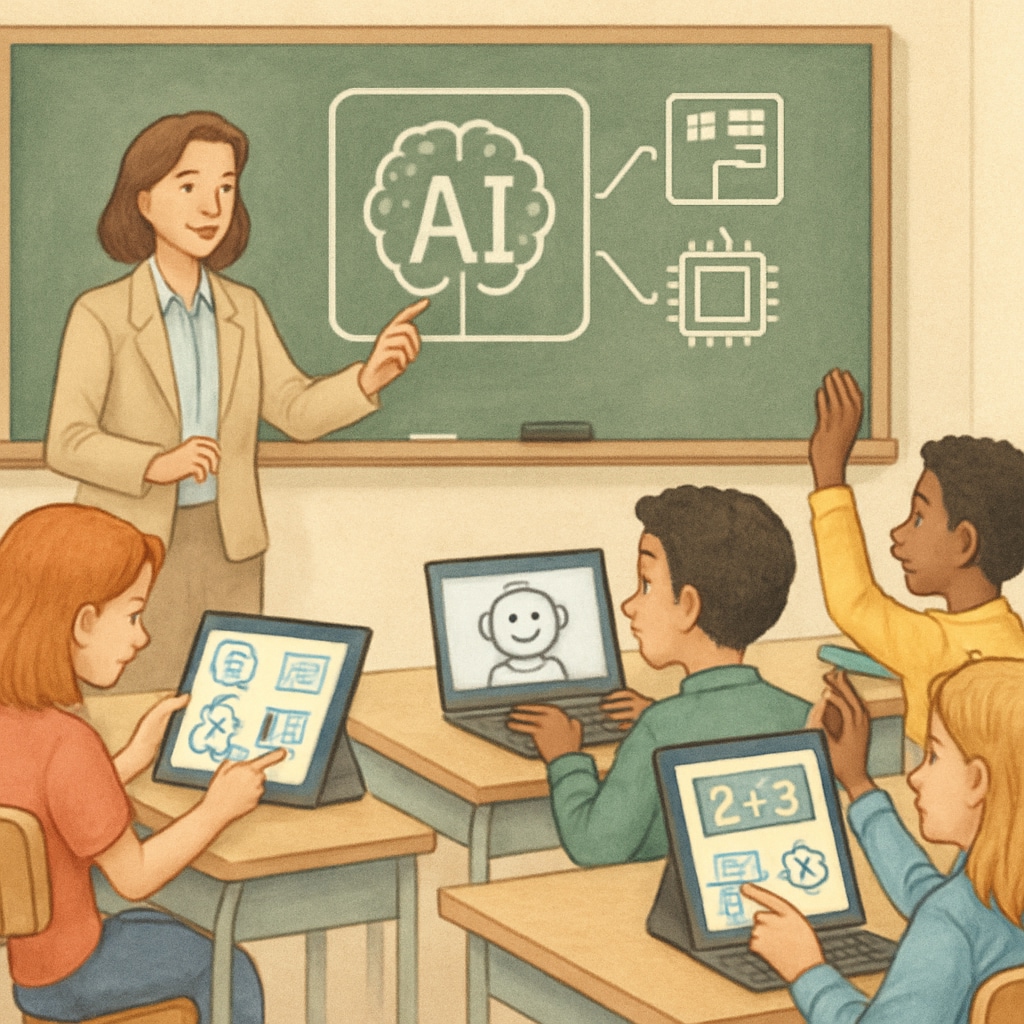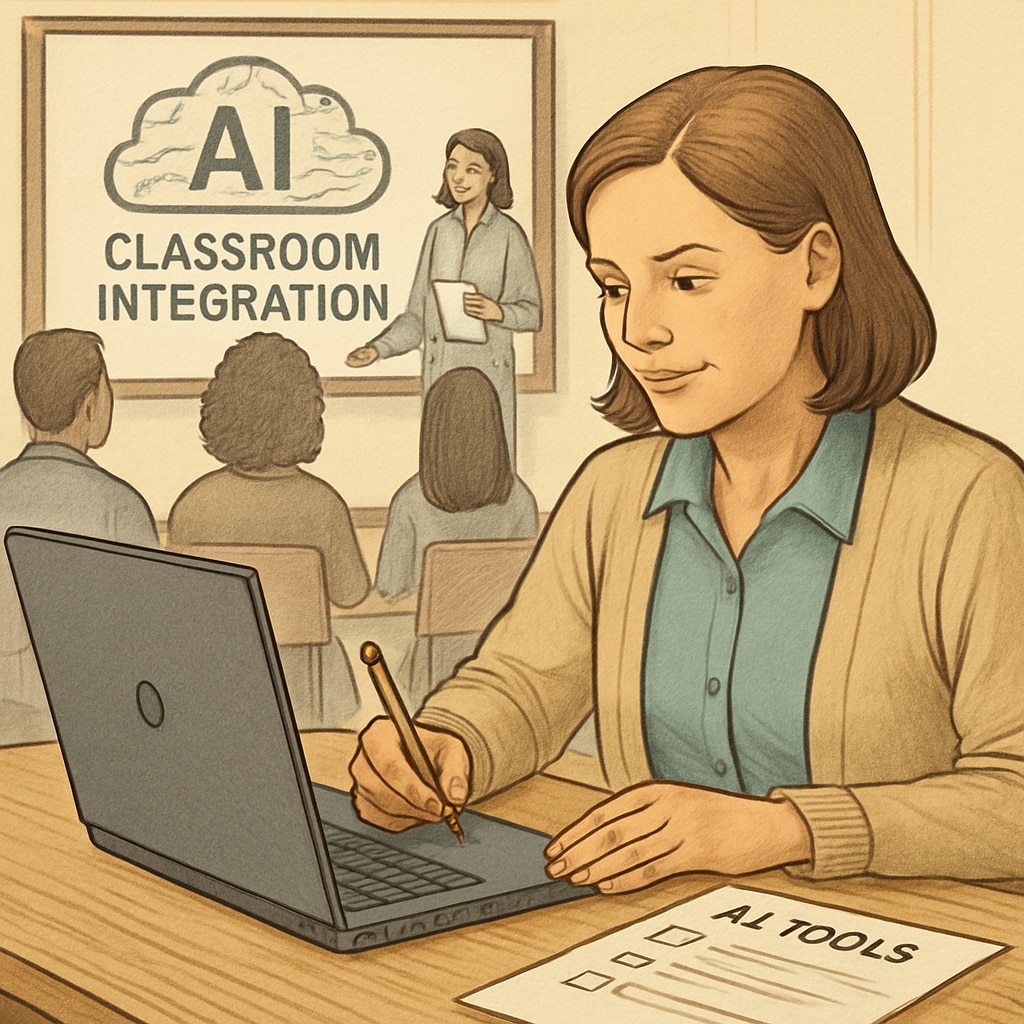Melania Trump’s recent decision to establish the White House Artificial Intelligence Task Force has sparked widespread discussions about the future of education. With artificial intelligence (AI) poised to redefine teaching and learning, this policy initiative offers both challenges and opportunities for K-12 education. By addressing the ethical, technological, and practical aspects of AI, this policy framework aims to prepare schools, teachers, and parents for a transformative era in education.
How Melania Trump’s AI Policy Shapes K-12 Education
AI in education is not a futuristic concept—it is happening now. Melania Trump’s White House Artificial Intelligence Task Force seeks to ensure that AI development is managed responsibly, particularly in sensitive areas like education. By fostering collaboration among educators, policymakers, and tech developers, the initiative aims to address critical issues such as data privacy, equitable access, and teacher training.
For example, AI can enable personalized learning experiences, where students receive tailored educational content based on their individual needs and learning pace. This approach could significantly enhance outcomes for students with diverse abilities, including those with special needs. The policy also emphasizes the importance of ethical AI deployment, ensuring that biases in algorithms do not exacerbate existing inequalities in education.

Opportunities and Challenges for Schools
While the integration of AI into K-12 education offers transformative possibilities, it also presents challenges. Schools must adapt their curricula to include digital literacy and AI ethics, ensuring students are not just passive users but critical thinkers in an AI-driven world. Moreover, teachers need professional development to effectively integrate AI tools into their classrooms.
Challenges include the cost of implementing AI technologies and the risk of over-reliance on machines. To address these, Melania Trump’s task force proposes funding initiatives and public-private partnerships to make AI tools accessible to underfunded schools. Additionally, the policy encourages a balanced approach where AI complements rather than replaces traditional teaching methods.

Engaging Parents in the AI Transition
Parents play a critical role in guiding children through this technological shift. Melania Trump’s AI policy underscores the need for parental involvement, advocating for educational resources that help families understand AI’s role in education. Workshops, online resources, and community discussions can empower parents to support their children’s learning while addressing concerns about screen time and data privacy.
Furthermore, the task force seeks to establish clear guidelines for AI developers to ensure transparency and accountability. This approach aims to build trust among parents, making them active participants in shaping the educational landscape of the future.
Preparing Students for the AI-Driven Future
As the workforce continues to evolve, students will require new skills to thrive in an AI-dominated economy. Melania Trump’s initiative emphasizes the integration of STEM (science, technology, engineering, and mathematics) education with AI literacy. By learning how AI works and its potential societal impacts, students can develop critical thinking skills essential for responsible digital citizenship.
Additionally, the policy promotes partnerships with tech companies to create internship and mentorship opportunities, providing students with hands-on experience in AI-related fields. This real-world exposure can inspire the next generation of innovators and ethical leaders in technology.
Conclusion: A Collaborative Path Forward
Melania Trump’s White House Artificial Intelligence Task Force represents a bold step toward integrating AI into K-12 education responsibly. By addressing ethical concerns, fostering collaboration, and empowering all stakeholders, this policy has the potential to revolutionize how we teach and prepare the next generation. Schools, teachers, and parents must work together to navigate the challenges and opportunities of AI, ensuring that education remains a force for equity and innovation.
As we stand on the brink of this new educational paradigm, the question is no longer whether AI will change education but how we can shape its impact for the better. Through responsible policymaking and community engagement, the future of K-12 education can indeed be brighter than ever.


